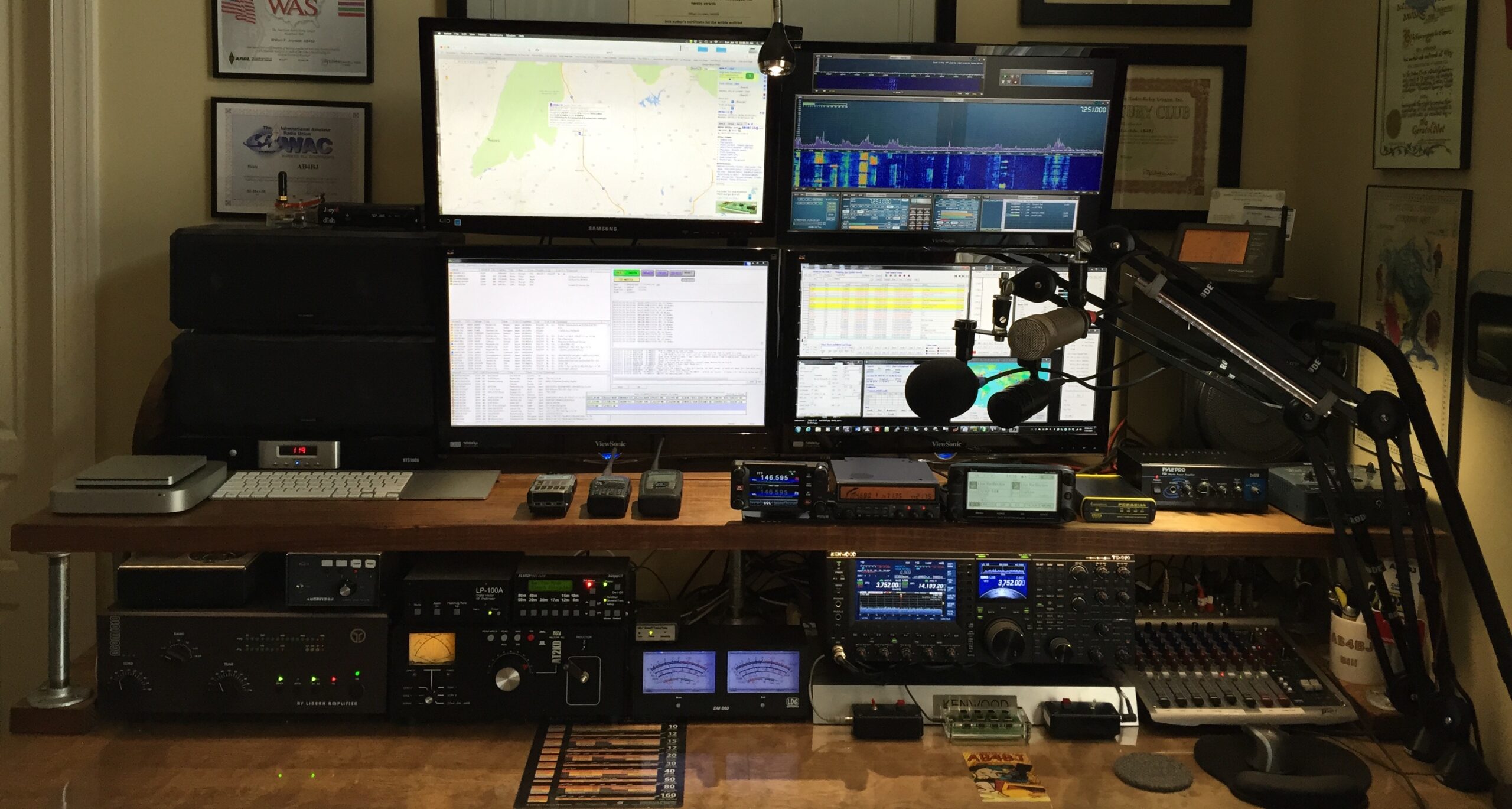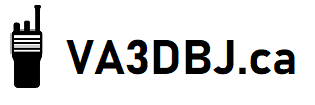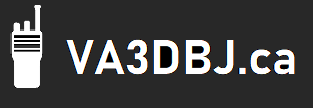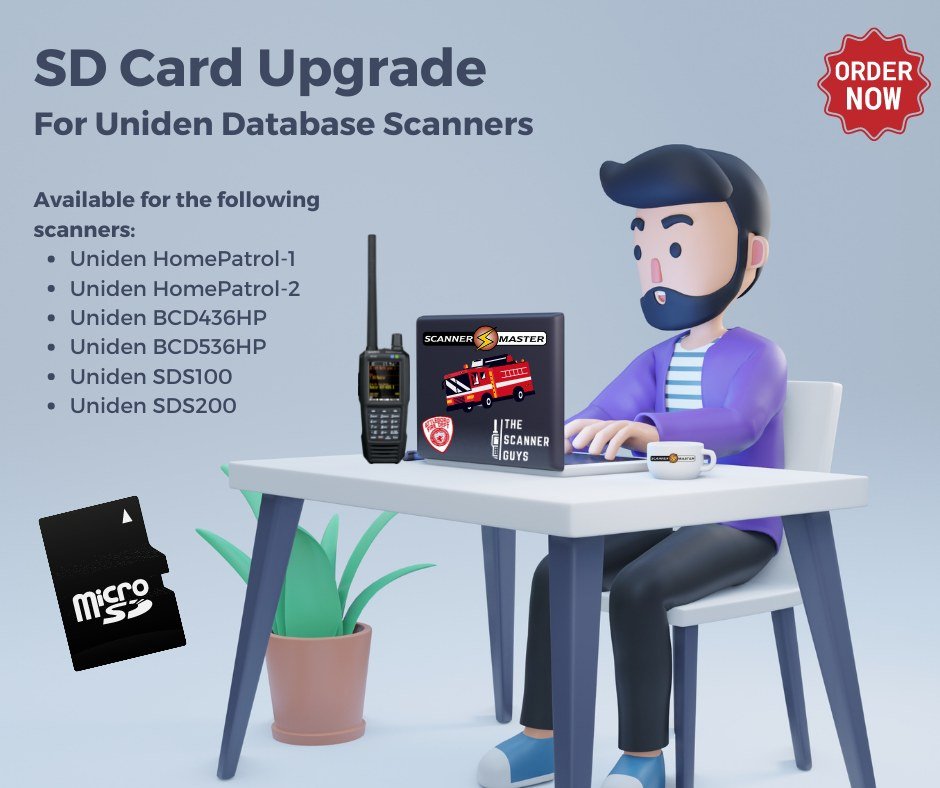Amateur Radio Training

Amateur Radio operators come from all walks of life. They are all ages, sexes, income levels and nationalities. Some prefer Morse code, voice communication on a hand-held radio, or data messages transmitted via satellite. Others like to build equipment themselves or to experiment with aerials. The hobby of Amateur Radio is varied and fun.
Whatever your interest, all you need is a fascination with radio. You may have been a short-wave listener for years, operated CB or simply have an interest in talking to people all over the world. Amateur Radio has something for everyone.
How to Become a HAM?
To become a radio amateur requires a license authorized by the appropriate governing body in your country. In Canada, the authorization comes from Industry Canada.
In Canada, you will need to prepare for and take an examination to get your license. The exam material depends on the license level or class that you are applying for. For most budding hams it is a good idea to connect with a local Amateur Radio Club (ARC) where classes are given in theory and/or Morse code as needed to prepare you for the exam. Although you can get the study material to learn on your own it is generally much easier and faster to take a course. In the process you will meet other hams or hams to be and begin creating your own network of contacts.
Things you can do as an Amateur Radio operator
- Talk around town – With small portable VHF and UHF transceivers hams enjoy extremely reliable communications within their local community.
- QRP – Communicating with “very low power” is a challenge that many hams enjoy. QRP is usually practiced on the HF bands.
- Packet radio – The internet over ham radio? Not really … but ham radio operators enjoy a digital network of their own, all without wires!
- International Morse Code – Forget it … You can get a license without knowing one beep or dit of Morse code. If you want to, though, it”s still allowed.
- Amateur television – It”s just like real television because it is real television.
- Slow Scan TV – Send pictures around the world for little or no cost.
- Contests – You can put your radio operating skills up against other hams and teams of hams.
- Emergency and other volunteer services – Floods, hurricanes, mudslides, earthquakes, ice storms … whenever `normal” communications go out, hams are ready to use their radios to provide emergency communication services to their communities.
- Satellite communications – Hams have their own satellites … really! (Amateur”s satellites are easy to use too.)
- Traffic handling – “Ham telegrams” are used to send messages to people around the world at no cost to the sender or the recipient; all done by ham radio operators volunteering their time and resources.
Certification Categories
All Amateur radio operators are required to be certified by Industry Canada. This certification is a lifetime authority to operate within the current regulations. There is no charge by Industry Canada to issue a call sign to a new Amateur.
The 3 levels are as follows:
BASIC CERTIFICATE – 100 questions (70% pass mark)
- access all amateur bands above 30 MHz
- use a maximum of 250 watts DC transmitter input power
- build and operate all station equipment, except for “home-made” transmitters
- Basic with honors (80% or above score) – access to all amateur bands below 30 MHz
- There is no Morse code requirement on this test.
- BASIC and 5 WPM Morse CODE – (5 wpm with Basic or Basic and Advanced Certificate)
- access to all amateur bands below 30 MHz
ADVANCED CERTIFICATE – 50 questions (70% Pass mark)
- access all amateur bands below 30 MHz
- use maximum transmitter power of 1000 watts DC input
- build and operate transmitting equipment
- establish repeaters and club stations
- remotely control fixed stations, including the use of radio links
- There is no Morse code requirement on this test.
NOTE: Morse code is not mandatory but an option to obtain a Basic Honors Certificate.
Industry Canada – Spectrum Management and Telecommunications
Industry Canada is responsible for regulating the Amateur Radio service. The Spectrum Management and Telecommunications is part of the IC that manages the Amateur Radio service.
Regulatory Documents
All candidates for an amateur radio certificate qualification are required to pass an examination. Since examination questions are based partially on these documents, those studying for the examinations should obtain and retain copies of the following:
RIC-1 – Guide for Examiners Accredited to Conduct Examinations for the Amateur Radio Operator Certificate
RBR-4 – Standards for the Operation of Radio Stations in the Amateur Radio Service (formerly RIC-2), including: bands and qualifications, bandwidths, third party communications, operation outside Canada, interference, station identification, power output, certificate and qualifications, modulation/frequency stability, measurements, change of address.
RIC-3 – Information on the Amateur Radio Service including: qualifications, examinations, examiners, candidates, reciprocal agreements, obstruction clearance, environmental, other important extracts from the Radiocommunication Regulations.
RIC-9 – Call Sign Policy and Special Event Prefixes
Since the study objective should not be to merely pass the exam, RAC recommends against simply memorizing the answers to exam questions. However, the complete question banks may be reviewed to confirm your understanding of the study guide material:
RIC-7 – Basic Qualification Question Bank for Amateur Radio Operator Certificate Examinations
RIC-8 – Advanced Qualification Question Bank for Amateur Radio Operator Certificate
The above regulatory documents can be downloaded and printed from the IC’s Radiocom Information Circulars page.
Radio Amateurs of Canada – RAC
Radio Amateurs of Canada (RAC), is a non-profit organization of amateur radio enthusiasts in Canada. The RAC represents the interests of amateur radio operators before Canadian governmental regulatory bodies, provides technical advice and assistance to amateur radio enthusiasts, and supports a number of educational programs throughout the country.
The primary purpose of the Radio Amateurs of Canada is regulatory advocacy. The RAC represents and acts as a liaison and coordinating body for amateur radio enthusiasts and local clubs throughout Canada. The RAC represents Canadian radio amateurs in policy decisions regarding international issues and regulation that affect amateur radio within the International Telecommunications Union (ITU) and at meetings and conferences of the International Amateur Radio Union. The organization also acts as a consultatory body to municipal, provincial, and federal government bodies in matters concerning the Amateur Radio Service.
For beginners’ information provided by RAC, click here.
Durham Region Area Training
In the Durham Region area, there are three clubs that provide training classes. The North Shore ARC, the South Pickering ARC, Whitby ARC and the Peterborough club.
North Shore ARC
P.O. Box 171,
Oshawa, Ontario
South Pickering ARC
P.O. Box 53
Pickering, Ontario
L1V 2R2
Whitby ARC
P.O. Box 24
Station Main
Whitby, Ontario
L1N 5R7
Peterborough ARC
1201 Grandview Ave.
Peterborough
Ontario
K9J 5P7
A list of other Canadian amateur radio clubs, with mailing addresses, and where applicable telephone numbers, e-mail and web site addresses, is available from RAC’s club page.
Training Aids
The following books are invaluable to assist you in studying for the exams.
- RAC Study Guides – Amateur Radio Course Study Guides
These guides should also be available at any amateur radio shop/store and online.
Computer Software
A self-test program for candidates to the Canadian Amateur Radio certification, that runs on Microsoft Windows.
– a learning aid for prospective amateurs
– an administrative tool for accredited examiners
Amateur Radio Exam Generator available from Industry Canada
The Questions!
The following link, connects you to the circular that contains the questions that will be used effective April 1, 2007, for making Basic and Advanced Qualification examinations for the Amateur Radio Operator Certificate.
These are the actual questions that will be asked for the Basic certification exam. Between these questions and the exam generator, after a few weeks of running through the questions and studying the guides and RIC”s, you should almost be ready for the exam. There is nothing that will replace an on-hand study session, but it will get you going in the right direction. You will be asked 100 questions for the exam, so take your time through them.
After you have your Basic qualifications, you can go for the Advanced certification. The above link is for the Advanced exam. You will be asked 50 questions from the question pool. Again, just take your time and use the guides and CD”s when you need to better understand the topic.
Canadian Amateur Radio Bands
Operating Guidelines
Select the Repeater frequency on your radio.The following is a guide to assist you in Repeater Operation…..
Select the frequency of the repeater tou wish to talk on. Most radios, including HT”s, will automatically determine the slipt for the transmitting frequency.
- Listen First,
As always in Ham Radio, listen first, and listen for many seconds, not just for a brief moment. If fact, you should make sure all is quiet for at least thirty seconds.
- Push the push-to-talk button on your mic or side of your handheld.
i) Identify yourself with your call sign.
ii)Talk about “1-inch” (2.5 CM) from the microphone.
iii) Release the mic when finished talking.
iv) Talk across the mic to reduce breath noise.
- Wait for the tail.
The Repeater stays on the air for approximately 4 seconds after you stop transmitting. (this is called the Hang Timer)
– you do not have to wait for it to drop (stop transmitting).
– you just have to WAIT for the “Courtesy Tone” before talking or the timer on the repeater will cut you off after a couple of minutes.
- Don’t use CQ.
“CQ” is not used on VHF or UHF as a means of general calling.
– use phrases such as: “VA3XXX Monitoring” or “VA3XXX Listening”.
– there are other versions used as well.
- I am new on the air!
“PLEASE” tell us if you are “NEW” on the air!!! We cannot tell by your callsign if you are new to Two Meters and need a little help..
Links and Other Resources
Below are some links to some resources that are related to Amateur Radio and training.






